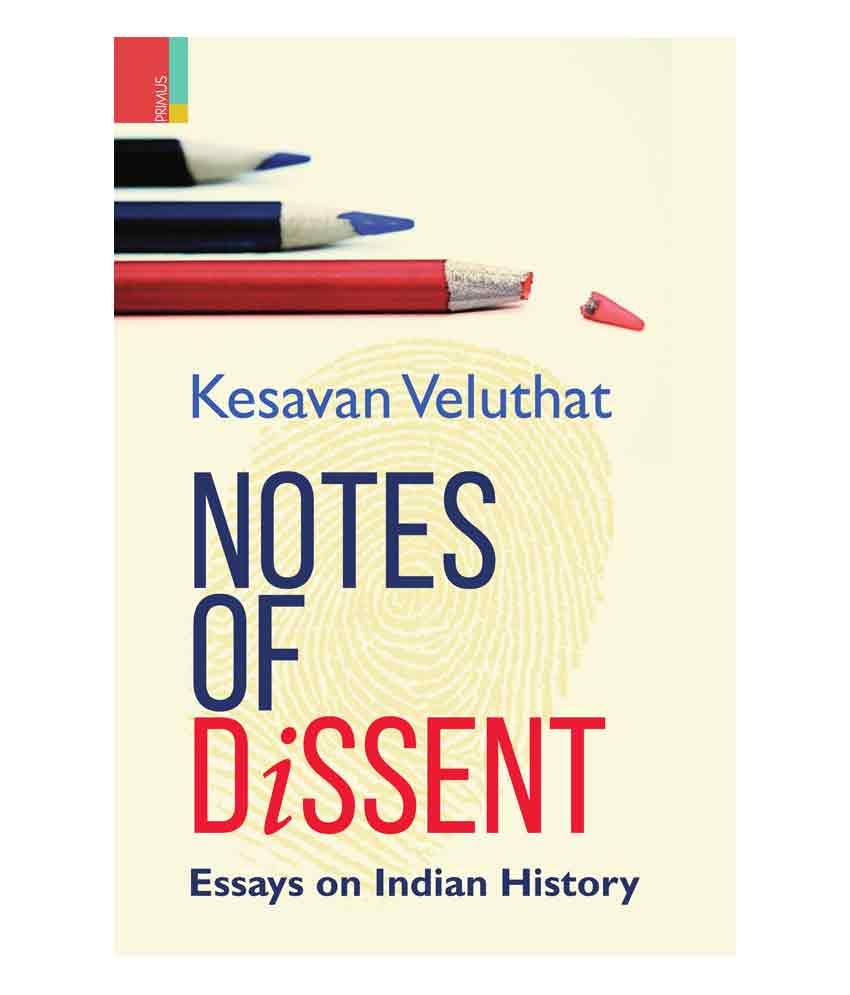Something went wrong. Please refresh the page and try again.
Something went wrong. Please refresh the page and try again.
Notifications can be turned off anytime from settings.
Item(s) Added To cart
Qty.
Something went wrong. Please refresh the page and try again.
Something went wrong. Please refresh the page and try again.
Exchange offer not applicable. New product price is lower than exchange product price
Please check the updated No Cost EMI details on the payment page
Exchange offer is not applicable with this product
Exchange Offer cannot be clubbed with Bajaj Finserv for this product
Product price & seller has been updated as per Bajaj Finserv EMI option
Please apply exchange offer again
Your item has been added to Shortlist.
View AllYour Item has been added to Shopping List
View All

No Cost EMI of Zero Emi Vendor applied on the product
You selected EMI of for monthsChangeGenerally delivered in 6 - 10 days
Item is available at . Change
You will be notified when this product will be in stock
| ||||||||||||||
Brought together here are ten essays, characterized by their dissent to the commonly accepted notions in the field, a first requirement for the growth of knowledge. Issues such as the dialectical process in the religious history of India; the much talked about Mauryan presence in south India; the contradictions in the construction of Kaliyuga in Puranic literature; political criticism in Sanskrit kavya poetry; regional identity and its varied perceptions; evolution of landlordism; emergence of castes and the use of 'Hindu' idioms in Christian worship and propaganda form the theme of these essays. A seminal essay by M.G.S. Narayanan and Kesavan Veluthat on the Bhakti Movement in south India, included in this collection, breaks new ground. The pieces on Indian religious history, the notion of Kaliyuga and the Mauryan presence in south India, challenge received wisdom somewhat violently. Those on landlordism and castes in Kerala offer bold alternatives to the existing formulations. The Sanskrit poem, Mahisasatakam, uses poetry as protest; and Manipravalam poetry shows how literature can represent a new sensibility through old genres. The analysis of the work of a Jesuit priest shows the use of anti-Christian symbols in Christian propaganda. Taken together, these essays are likely to unsettle the cozy comfort of the reader.
About the Author
Kesavan Veluthat took voluntary retirement from Mangalore University as Professor and Chairman, Department of History, where he had taught from 1982 to 2008. He was Professor of History at the University of Delhi from 2009 till 2016. Veluthat has been a visiting professor at various Indian and foreign universities. His more important publications include Brahman Settlements in Kerala: Historical Studies, The Political Structure of Early Medieval South India and The Early Medieval in South India. Together with Donald R Davis, Jr., he has edited a collection of essays entitled Irreverent History: Essays for M.G.S. Narayanan.
The images represent actual product though color of the image and product may slightly differ.
Register now to get updates on promotions and
coupons. Or Download App